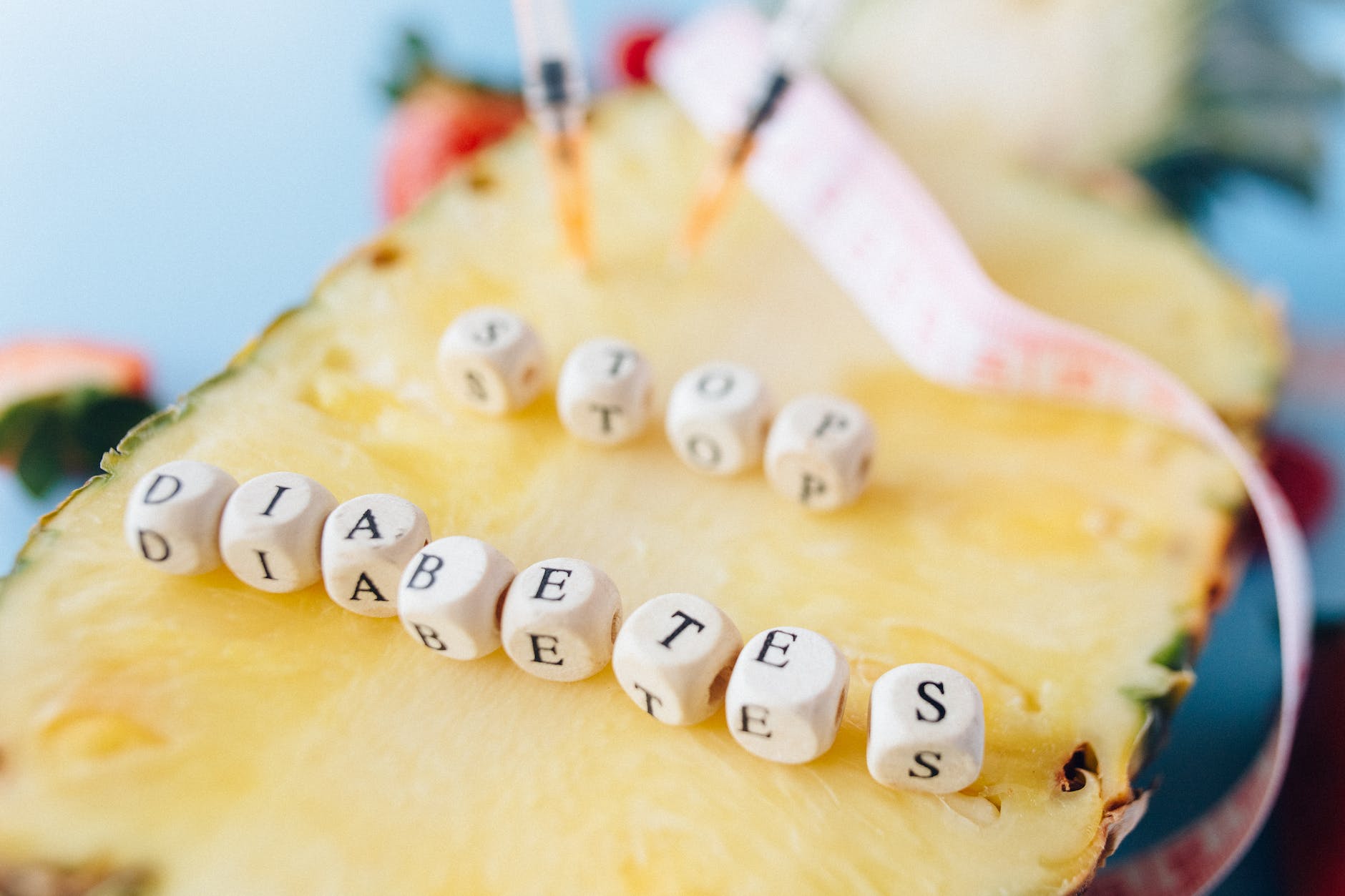Diabetes Control: Strategies for Blood Sugar Management


Diabetes Control: Strategies for Blood Sugar Management
Introduction
In today's fast-paced world, the prevalence of diabetes has been steadily increasing. It is a chronic condition that affects millions of people worldwide. Managing blood sugar levels is essential for individuals with diabetes to lead a healthy and fulfilling life. In this article, Diabetes Control: Strategies for Blood Sugar Management, we will discuss comprehensive strategies for diabetes control, focusing on effective blood sugar management.
Understanding Diabetes
Diabetes is a metabolic disorder characterized by high blood sugar levels. There are two main types of diabetes: type 1 and type 2. Type 1 diabetes is an autoimmune condition where the body fails to produce insulin. Type 2 diabetes, on the other hand, occurs when the body becomes resistant to insulin or doesn't produce enough of it. Both types require careful management to prevent complications.
Healthy Eating Habits
Proper nutrition plays a crucial role in managing blood sugar levels. Adopting a balanced and nutritious diet is essential for individuals with diabetes. Here are some key strategies:
1. Choose Complex Carbohydrates
Favor complex carbohydrates over simple sugars. Include whole grains, legumes, and vegetables in your diet. These foods are digested more slowly, resulting in a gradual release of glucose into the bloodstream.
2. Portion Control
Watch your portion sizes to avoid excessive calorie intake. Opt for smaller, frequent meals throughout the day to keep blood sugar levels stable.
3. Sugar Substitutes
Consider using sugar substitutes like stevia or erythritol instead of regular sugar. These alternatives provide sweetness without causing a spike in blood sugar levels.
4. Fiber-rich Foods
Include fiber-rich foods such as fruits, vegetables, and whole grains in your diet. Fiber helps slow down the absorption of sugar and promotes better blood sugar control.
Regular Physical Activity
Physical activity is an integral part of diabetes management. Regular exercise offers numerous benefits, including improved insulin sensitivity and weight management. Here are some strategies to incorporate physical activity into your routine:
1. Cardiovascular Exercises
Engage in aerobic exercises like walking, cycling, or swimming for at least 30 minutes a day, five days a week. These activities help lower blood sugar levels and improve overall cardiovascular health.
2. Strength Training
Include strength training exercises to build muscle mass and increase metabolic rate. This, in turn, aids in better blood sugar control.
3. Yoga and Mindfulness
Practicing yoga and mindfulness techniques can help reduce stress levels, which is crucial for individuals with diabetes. High-stress levels can negatively impact blood sugar management.
Medication and Insulin Management
In addition to lifestyle modifications, medication and insulin management are vital for diabetes control. Here are some strategies to consider:
1. Medication Adherence
Follow your healthcare provider's instructions regarding medication usage. Take prescribed medications regularly and at the recommended dosage.
2. Insulin Administration
If you have type 1 diabetes or require insulin for type 2 diabetes, it's crucial to administer insulin as directed. Proper injection technique and regular monitoring of blood sugar levels are essential for effective insulin management.
Regular Blood Sugar Monitoring
Frequent blood sugar monitoring is a critical aspect of diabetes control. Regularly checking your blood sugar levels allows you to make necessary adjustments to your diet, medication, and lifestyle. Here are some monitoring strategies:
1. Self-Monitoring
Invest in a reliable blood glucose monitor to measure your blood sugar levels at home. Keep a record of your readings to track patterns and identify any fluctuations.
2. Continuous Glucose Monitoring (CGM)
Consider using a CGM system, which provides real-time data on your blood sugar levels. This technology offers valuable insights into how your body responds to different foods and activities.
Conclusion
Effective blood sugar management is essential for individuals with diabetes to maintain good health and prevent complications. By adopting healthy eating habits, engaging in regular physical activity, adhering to medication guidelines, and monitoring blood sugar levels, you can take control of your diabetes and lead a fulfilling life.
Remember, diabetes management is a lifelong journey that requires dedication and commitment. Consult with your healthcare provider for personalized advice and guidance on managing your diabetes effectively. https://diabetescure4u.com/
- Empowered with Diabetes: Taking Charge of Your Health and Well-being
- Diabetes Education: How does exercise affect glucose levels?
- HbA1c Test क्या है || कब कराना चाहिए || Glycosylated Haemoglobin report कैसे देखते है
- The Healing Power of Nature: Exploring the Health Benefits of Outdoor Activities
- LibreView - Création et paramétrage d'un compte LibreView patient


